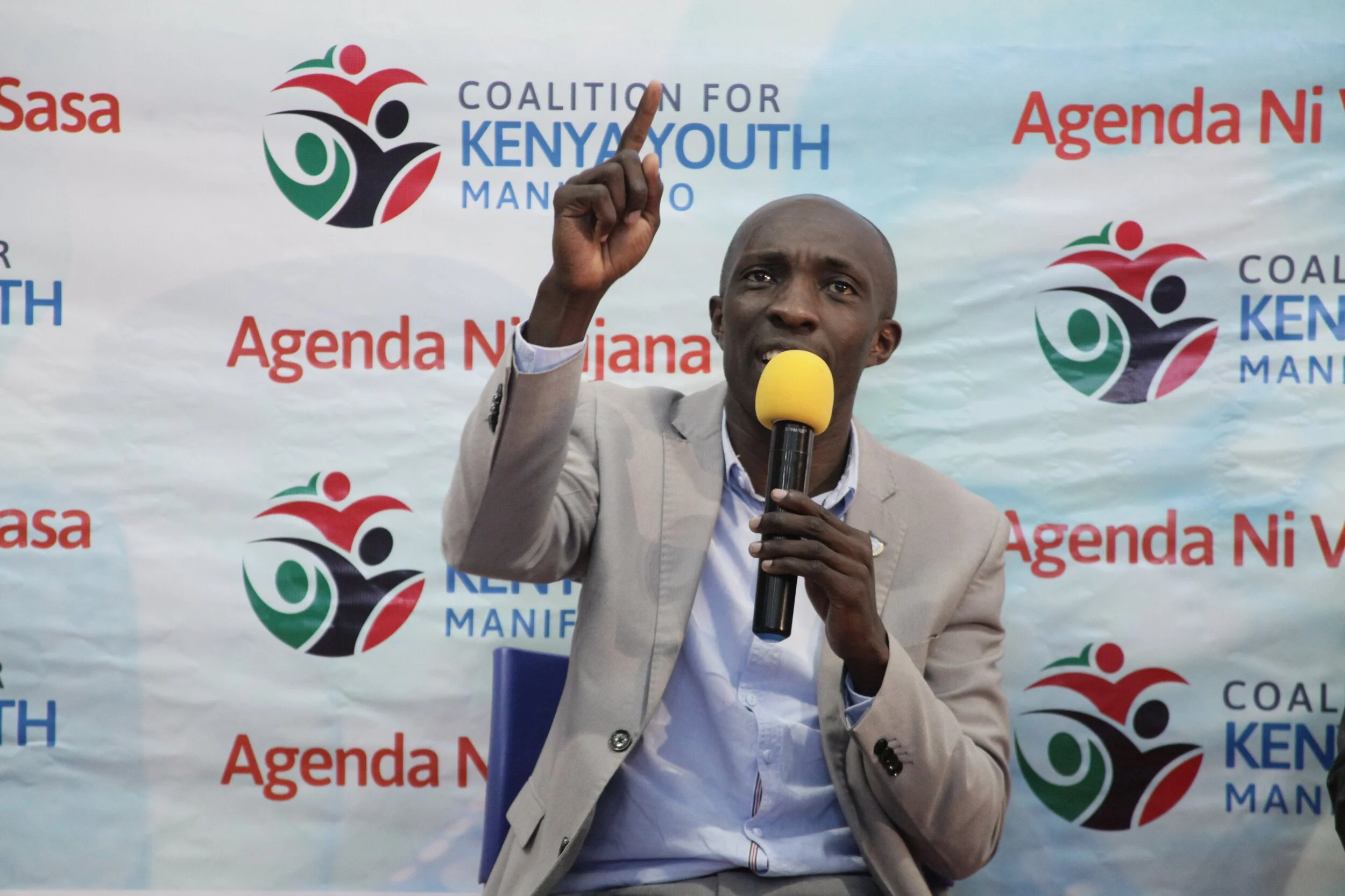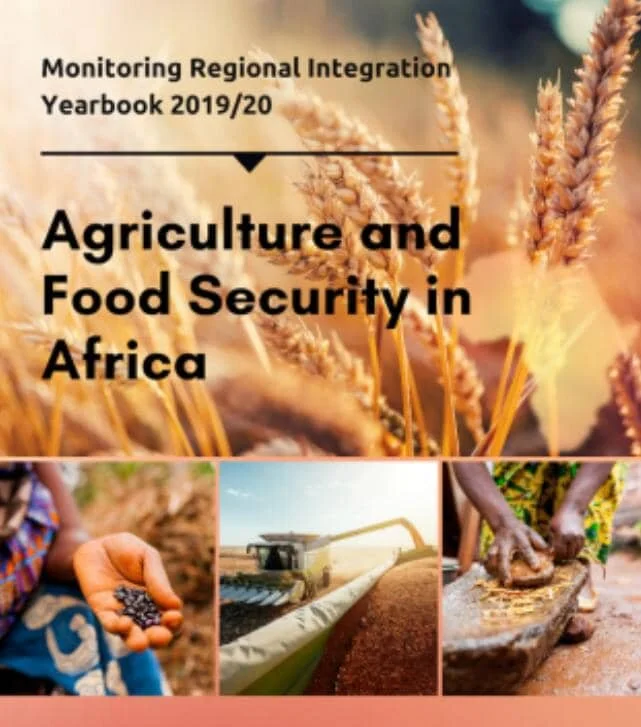Focus Group Discussions collect in-depth qualitative data to get insightful perspectives on a specific topic. This was the intent of the three Focus Group Discussions that we organized to understand digital media literacy in Kenya. As part of our Youth Excel project activity, we are looking to advance youth digital media literacy and civic reasoning in Kenya.
Digital Media Literacy And Youth Civic Reasoning In Kenya | Key Informant Interview Report
The Youth Café conducted Key Informant Interviews to expand our knowledge on media literacy in Kenya and the intervention measures that would apply. The information collected through these interviews informs the digital media literacy handbook that The Youth Café is designing for the Youth Excel project.
Digital Media Literacy and Youth Civic Reasoning in Kenya | Baseline Report
The Youth Café seeks to equip young people with critical media literacy skills: critical thinking, fact-checking, online safety, social media verification, and quality assessment of online information and their sources through a dedicated handbook. This report encapsulates The Process, Findings of the Literature Review, Findings from the Focus Group Discussions and Key Informant Interviews, Conclusions and finally Recommendations.
Global Diversity, Equity & Inclusion Benchmarks: Standards For Organizations Around The World
The Kenyan Youth Manifesto | Youth Development Agenda
The African Youth Charter | Empowering Young People Through Youth Participation And Equal Partnership
Our Theory Of Change | A Pathway For Action, Sustainability, Results, Learning, And Adaptation
We welcome the opportunity to develop and refine our Theory of Change as part of organizational Performance Improvement within Youth Excel, a 5-year USAID global flagship youth development program centered on Implementation Research. Our intended outcome is to build a practical theory to underpin our ambitious youth-led community transformation efforts. This Theory of Change is based on organizational performance improvement as an approach to build the capacity of The Youth Café which focuses on achieving our strategies. We recognize that high performing youth-led and youth-serving organizations like we desire to be, need to be exceptional in four domains identified by our Performance Improvement framework: Efficiency, Effectiveness, Relevancy, and Journey to Self-Reliance (J2SR).
The Youth Cafés Strategic Plan 2021 - 2023
This strategy will guide The Youth Cafe in addressing and working to advance youth-led approaches toward achieving sustainable development, social equity, innovative solutions, community resilience, and transformative change. Our plan is ambitious but also appropriate to the scale of the challenge and the opportunity to make a difference. Executing this strategy will require extensive partnerships and new resources. It will require us to sermon our strengths and continue to learn and adapt in order to support the young people we are dedicated to serve and live up to the youth-led principles we embrace.
Identification And Evaluation Of Business Opportunities: The Experiences Of South African And Ugandan Youth Entrepreneurs
It is often believed that without opportunity, entrepreneurship would not exist. Identification and pursuit of opportunities are believed to be at the very heart of entrepreneurial success, which sets entrepreneurs apart from other members of society. However, according to the recent Global Entrepreneurship Monitor Report, only about one-third of South Africans were able to recognize entrepreneurial opportunities within their communities. In Uganda, the majority of the youth entrepreneurs are said to be engaged in low margin businesses that are only able to meet the day-to-day needs of the owners with very little differentiation amongst them.
Monitoring Regional Integration Yearbook 2019/20: Agriculture And Food Security In Africa
The pandemic and measures taken to curtail its spread have compounded food insecurity on the African continent. Food insecurity challenges were already evident due to previous and ongoing extreme climatic conditions (floods and droughts in southern Africa), pests (locusts in East Africa), civil unrest, slow economic growth, and high levels of unemployment and poverty. This book covers various topics related to agriculture and food security challenges faced by African countries. Africa’s population has been increasing and is estimated to reach 1.2 billion by 2050.











